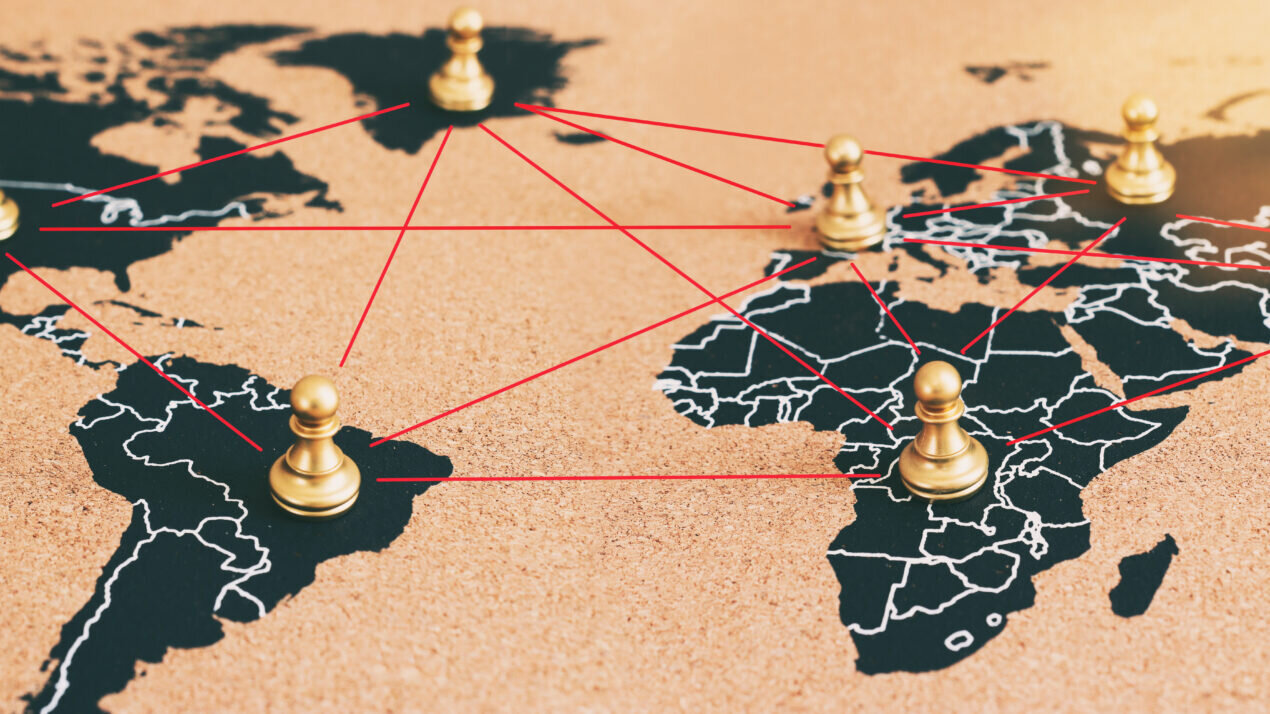Living in an Uncertain Era: The Return of Power Politics
The world is undergoing a dramatic shift. Traditional diplomacy, defined by alliances, treaties, and predictability, is giving way to a new era defined by flexibility, calculation, and raw interest. The post-World War II international order, once stable under American leadership, is crumbling under the weight of new realities. States are shedding their old identities and forging new paths. Power is no longer bound by ideology; it is driven by necessity.
We are entering a post-diplomatic, transactional era, where states act not on shared values, but on shifting interests. As Hobbes once warned, homo homini lupus—man is a wolf to man. This maxim feels more relevant than ever.
The U.S. Retreats Strategically
The United States, long the global enforcer, has grown weary. Its involvement in Iraq, Afghanistan, and its constant military footprint abroad have drained not just resources but public will. When Donald Trump won the presidency in 2016, I wrote that his “America First” approach would not just signal economic or military retrenchment, but a deeper loss: that of credibility. That erosion has continued beyond his presidency.
By 2025, the U.S. isn’t retreating blindly; it’s pivoting deliberately. The focus is now squarely on China: its Belt and Road Initiative, growing technological supremacy, and dominance in the Indo-Pacific. The shift has created space—and pressure—for other global actors to evolve.
The European Union Finds Its Voice
Long protected under NATO’s shield, the European Union is now acting on its own strategic imperatives. French President Emmanuel Macron’s call for “strategic autonomy,” supported by Germany’s economic heft, shows a Europe no longer content with dependency. The EU is gradually morphing from a trade bloc into a geopolitical force, leveraging sanctions, exploring military coordination, and shaping foreign policy beyond Brussels.
A striking example of this transformation occurred just days ago: on July 10, 2025, the UK and France signed the Northwood Declaration, marking the first formal coordination of their independent nuclear deterrents. While the UK is no longer an EU member, this agreement highlights Europe’s increasing desire to manage its own security, independently of Washington.
The cooperation includes joint missile development, strategic planning, and a nuclear policy steering group, marking a clear evolution in Europe’s military maturity. It signals that Europe is stepping into a leadership role, driven by necessity and confidence alike.
Russia Repositions
Once cornered by NATO expansion and sanctions, Russia is adapting. With China looming as the central strategic challenge, Washington may see an opportunity: not for alliance, but for pragmatism. A moderated U.S.-Russia relationship could allow Moscow to serve as a counterweight to Beijing’s growing ambitions in Eurasia.
Russia remains deeply flawed: its invasion of Ukraine has left lasting scars. Yet, as the global chessboard realigns, realism may demand engagement where ideology once forbade it.
Türkiye: The Assertive Middle Power
Among the most agile and assertive states in this new order is Türkiye. No longer content with NATO’s sidelines, Ankara is carving its own multi-vector foreign policy.
In Syria, it maintains military control zones and supports opposition groups. In Ukraine, Bayraktar drones have enhanced its global defense reputation. In the South Caucasus, Türkiye is backing Azerbaijan, now the region’s most powerful state, with which it shares deep ethnic and cultural ties.
Türkiye’s ambitions stretch into Central Asia and the Middle East, where shared Turkic and Islamic identities provide soft power advantages. While not in direct confrontation with China, its growing presence in former Soviet spheres of influence subtly complicates Beijing’s outreach. Türkiye is not just playing the game; it’s reshaping the board.
Trump’s Legacy: A Trust Deficit
Trump’s foreign policy, particularly the withdrawal from the Iran nuclear deal, created lasting fractures. It signaled to both allies and adversaries that U.S. commitments could be short-lived. That legacy persists: America’s current semi-isolationist stance has led not just to withdrawal, but distrust.
Allies are hedging. Foes are advancing. The result is an international environment no longer dictated by pacts and summits, but by positioning, leverage, and speed. Democracy vs. autocracy feels like an outdated binary. States are aligning around opportunity, not ideology.
Conclusion: Evolution, Not Collapse
Some see chaos. But what we are witnessing is not the end of global order, but its evolution. The U.S. is recalibrating. The EU is asserting. Russia is maneuvering. Türkiye is ascending. All of this occurs in response to China’s ascent, the gravitational force reshaping global strategy.
This is not diplomacy in its classic form. It is realpolitik which is driven by calculation, improvisation, and the pursuit of national interest. Alliances shift. Power adapts. And in this fluid world, ambition, not allegiance, defines relevance.
Welcome to the transactional age of international politics: unscripted, unapologetic, and alive.
